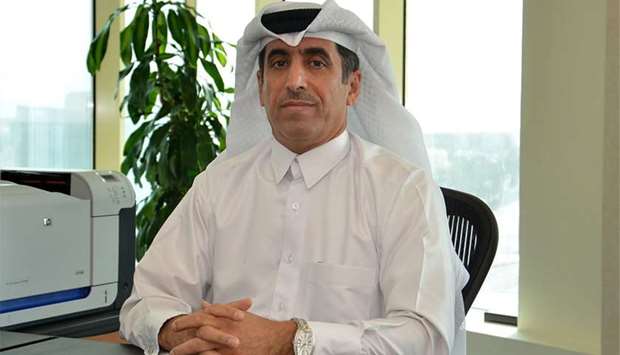Qatari laws and legislation promote religious freedom and the Qatari society is known for its tolerance and acceptance of the other faiths and cultures, said Dr. Ibrahim bin Saleh Al Nuaimi, Chairman of the Doha International Center for Interfaith Dialogue (DICID).
Dr. Al Nuaimi, who headed Qatar's delegation to the ministerial meeting of religious freedoms, held by the US State Department in Washington over three days, stressed the importance of such meetings, which seek to define clear frameworks for promoting religious freedom.
"Tolerance, religious freedom, and acceptance of the other is not a luxury in any way, but a religious, moral and humane duty ‘, said Dr. Al Nuaimi in a statement.
“In the face of conflicts based on religious and ethnic bases around the world and the emergence of extremism in certain groups in different religions and cultures, it is no longer possible to delay this duty " he warned. "If the culture of dialogue does not prevail, the future will become uncertain,” he added.
The participation of the State of Qatar in this meeting came within the framework of its efforts to promote the values of tolerance and religious freedoms in the world, with its local and international expertise in this field.
The final day of the Ministerial Meeting on Religious Freedoms witnessed the participation of delegates from around the world, including ministers, assistant ministers and Ambassadors, who emphasized in their speeches and discussions the need to promote religious freedom, practice of religion, support pluralism and to the meet challenges to develop societies for the better.
The meeting was attended by delegations from more than 80 countries around the world with a record of making progress in religious freedom and committed to promoting Article 18 of the Universal Declaration of Human Rights, or countries recently started taking meaningful steps in that direction.
Among the topics discussed were religious freedom and women's rights, religious freedom, combating extremism and terrorism, religious freedom and economic prosperity, addressing the legal challenges of religious freedom, advocating equal rights for all, preserving cultural heritage and providing support and care to victims of religious violence or persecution.

